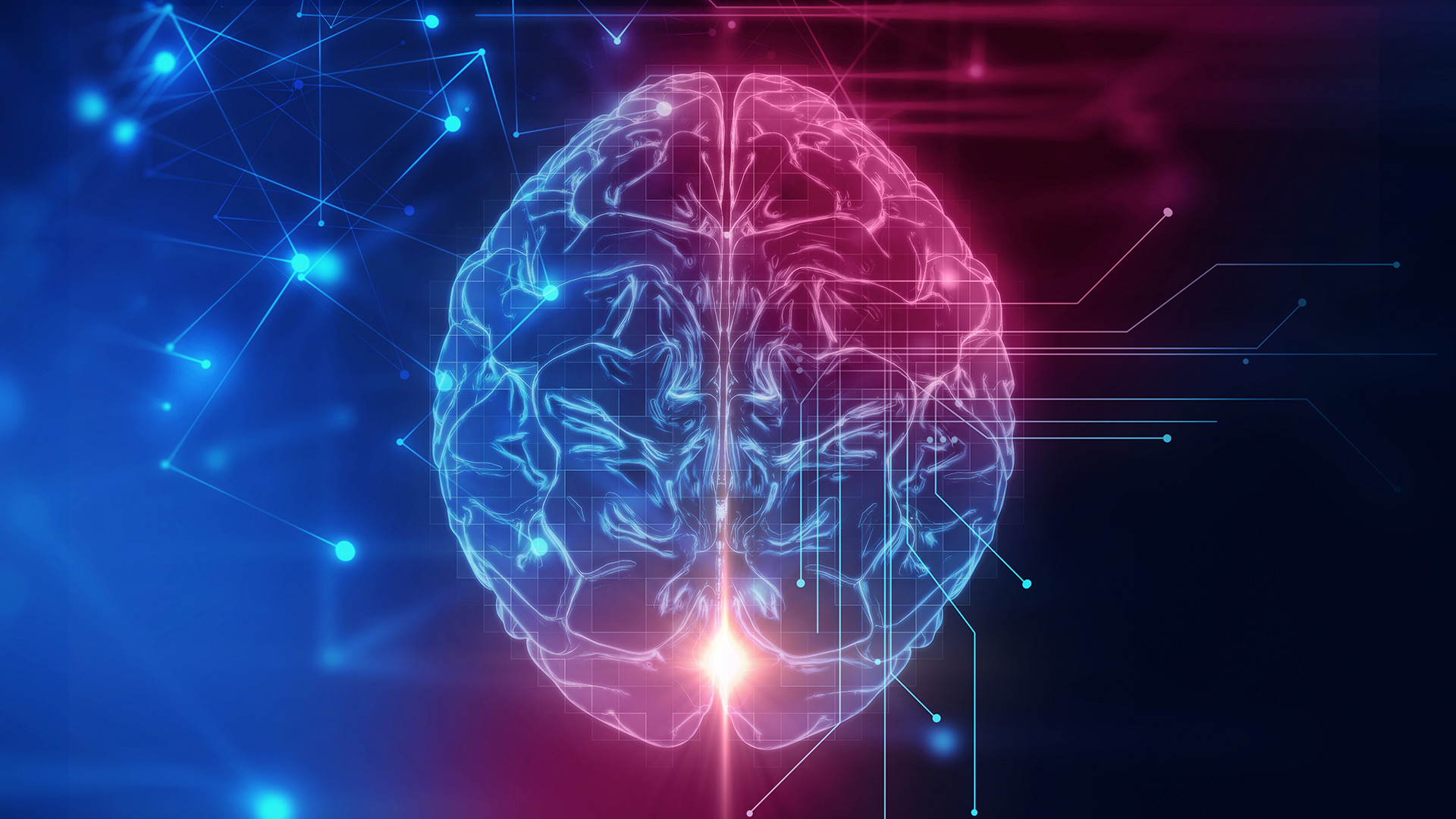
Publication
Mitigating tariff risks for healthcare in US and Canada
The U.S. and Canada have healthcare, life science and medical device industries that are complex and interconnected.


Canada | Publication | February 1, 2022
In our three-part blog series last year, we discussed whether an artificial intelligence (AI) machine could be listed as an inventor. We considered how patent offices in several jurisdictions treated applications that listed DABUS, an AI machine designed to invent, as the sole inventor.
The Canadian Intellectual Property Office (CIPO) recently provided a first glimpse into how it will treat the issue of AI inventorship. In December 2021, CIPO issued a non-compliance notice for the Canadian patent application identifying DABUS as the inventor along with a statement that “[t]he invention was autonomously generated by an AI” (the DABUS Application). The DABUS Application listed “Thaler, Stephen L.” as applicant.
CIPO noted that the first name of the inventor was “DABUS” and the last name was: “the invention was automatically generated by a machine.” CIPO explained that “[b]ecause for this application the inventor is a machine and it does not appear possible for a machine to have rights under Canadian law or to transfer those rights to a human, it does not appear this application is compliant with the Patent Act and Rules.”
CIPO cited subsection 27(2) of the Patent Act and section 54 of the Patent Rules in particular, which require that an application be filed by the inventor or the inventor’s legal representative, that the application indicate the name and postal address of each inventor, and contain a statement of entitlement.
Thus, it appears CIPO’s initial view is that an AI machine cannot be an inventor for a patent. However, CIPO also noted that the applicant may attempt to comply with the Patent Act and Patent Rules by submitting a statement on behalf of the AI machine and identify, in this statement, himself as the legal representative of the machine.
CIPO’s initial letter is at an early stage of the DABUS Application journey in Canada. It appears CIPO has left the door open for compliance by permitting Dr. Thaler, the creator and owner of DABUS, to submit a statement on behalf of DABUS indicating he is its legal representative (and therefore the applicant). Thus, it seems CIPO is not closed to the idea that an AI machine could be listed as an inventor if the applicant is a human.
However, it is unclear how the human applicant is in fact the “legal representative of the AI machine,” and also how a machine can transfer invention rights to the human applicant. Is a machine’s creator by default its legal representative? Would sale of the machine change the legal representative? What if other humans were in the loop of the invention process?

Publication
The U.S. and Canada have healthcare, life science and medical device industries that are complex and interconnected.
Subscribe and stay up to date with the latest legal news, information and events . . .
© Norton Rose Fulbright LLP 2025